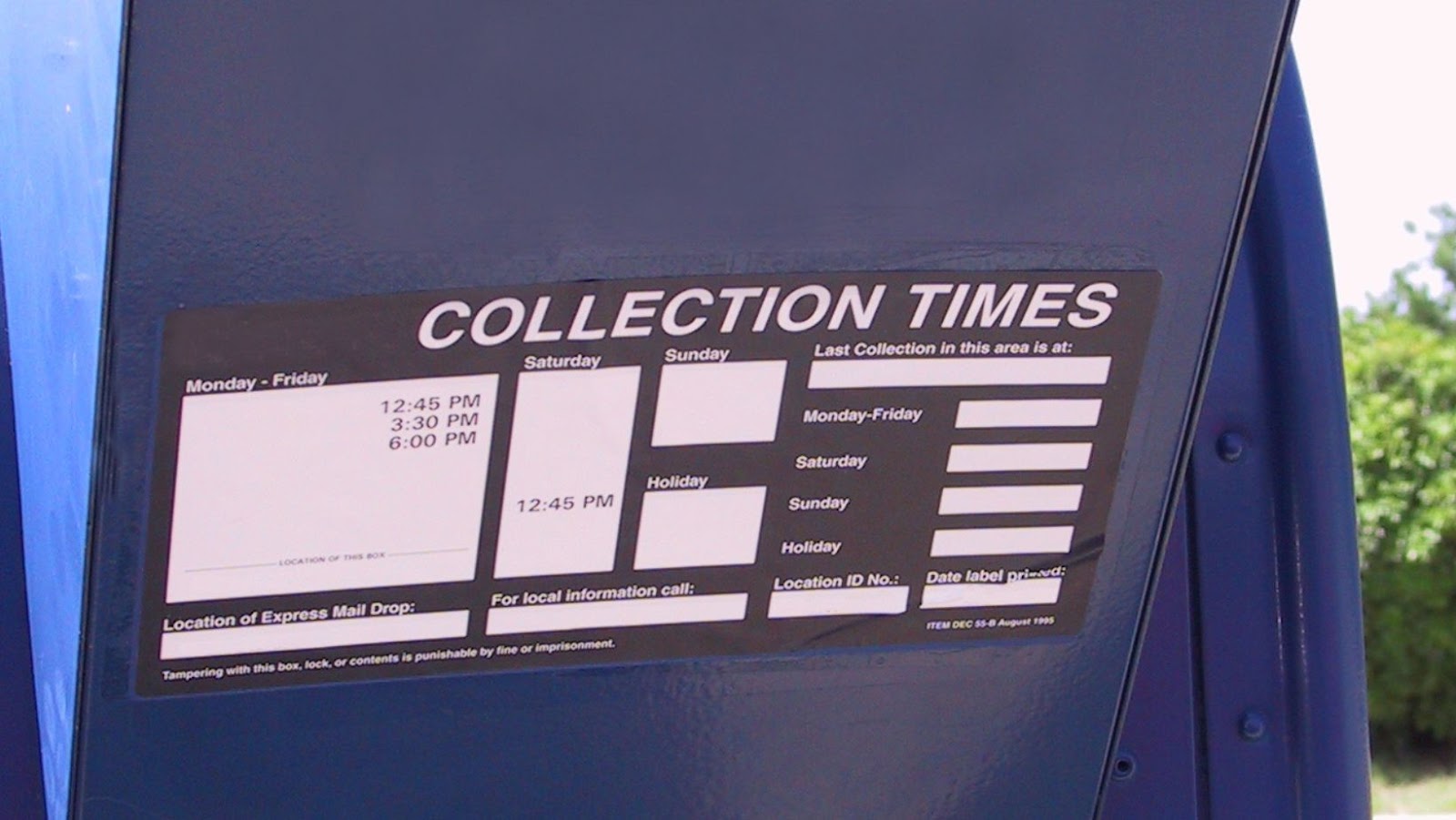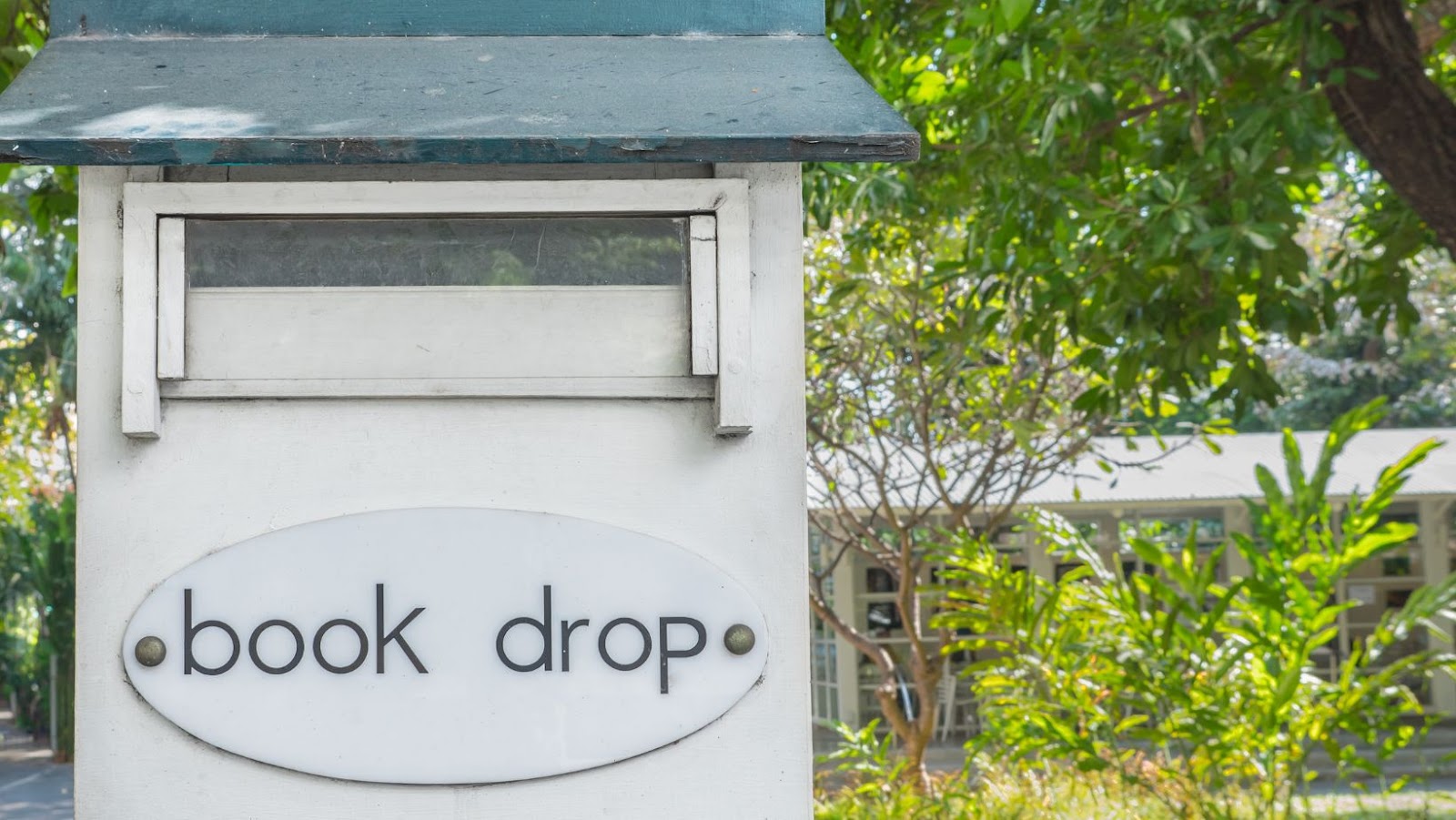Mozilla is a prominent voice in the ongoing fight to preserve Net Neutrality: the fundamental principle that all data transmitted over the Internet is treated equally. Without Net Neutrality, internet service providers (ISPs) can prioritise their content or limit people’s access to certain websites and services. By upholding this principle, an open web is maintained–where anyone with an internet connection can explore and use any type of web content they choose.
Since 2009, Mozilla has been advocating for Net Neutrality and pushing against ISPs who try to limit its users’ abilities to access whatever websites or services they wish. Mozilla has advocated that the only way for ISPs to act fairly is by treating all data sent over their networks equally, without bias toward particular companies or services.
Mozilla works with organisations like Fight for the Future and Free Press to protect Net Neutrality from corporations, lobbyists, and legislatures who may seek to deregulate it, as well as other forms of censorship on the open web. It also works closely alongside Google in developing technology advances meant for preserving users’ rights and privacy no matter how we experience the internet today. Finally, Mozilla also partners with advocacy groups such as Demand Progress to protect civil liberties on the web, safeguard consumer rights against overwhelming forces of corporate interests seeking dominance within our digital infrastructure.
What is Net Neutrality?
Net neutrality is the principle that Internet service providers (ISPs) should treat all data equally, no matter the type of content or website. Therefore, it cannot prioritise or discriminate against any data sent through their networks.
Mozilla has been a leading voice in the fight for net neutrality, pushing for the Federal Communications Commission (FCC) to reinstate net neutrality protections that have been rolled back in recent years.
Let’s take a closer look at the role of Mozilla in the fight for net neutrality and why this is such an important issue.
Definition of Net Neutrality
Net Neutrality is based on the principle that all traffic moving on the Internet should be treated equally and must not be discriminated against, restricted, or interfered with in any way. This entails prohibiting Internet service providers (ISPs) from controlling web speeds and access to certain sites or services. In essence, Net Neutrality requires ISPs to allow subscribers open access to all websites without blocking or slowing any sites, regardless of its content.
Mozilla’s Position on Net Neutrality: Mozilla believes everyone should have the access to the same web content, regardless of the type of connection they select or how much they have paid for their internet connection. It is Mozilla’s mission to preserve free speech and help foster a free and open-access digital world for all users as part of their role in promoting user privacy protection and digital civil liberties.

As such, Mozilla has championed global efforts to establish laws that defend net neutrality principles wherever possible, including lobbying for change within international organisations such as the International Telecommunications Union (ITU).
History of Net Neutrality
Net Neutrality is a fundamental principle of the Internet that ensures that all internet traffic is treated equally. This principle states that Internet Service Providers (ISPs) should enable access to all content and applications regardless of the source, without favouring or blocking particular products or websites. In addition, the Internet should be an open platform for innovation, economic growth, and social empowerment.
Net Neutrality has been around since 2004 when American media scholar Tim Wu wrote an article discussing online discrimination by ISPs. In 2015, the Obama-era Federal Communications Commission (FCC) adopted rules to preserve Net Neutrality to ensure a free and open internet for all users. Under these rules, ISPs were required to treat all web traffic equally and prevent them from slowing down or blocking certain content or websites to benefit financially from allowing such behaviour.
However, in 2017 under FCC Chairman Ajit Pai’s leadership, the FCC repealed those same rules which sparked outcry from tech companies and advocacy groups across the United States who had already become dedicated defenders of Net Neutrality. Mozilla was one such tech company that chose to fight for its interests related to preserving a free and open internet by challenging Pai’s decisions through various legal avenues such as filing multiple suits against the FCC as well as leveraging public pressure strategies like bringing awareness campaigns into full fruition with their “We Are The Web” project.
Mozilla leads push for FCC to reinstate net neutrality
Mozilla has taken the lead in advocating for net neutrality and pushing the FCC to reinstate the previously established open internet protections. To restore these critical free speech protections, Mozilla has taken legal action against the federal government, launched a nationwide campaign for consumers, and testified before Congress.

This article will discuss Mozilla’s role in the fight for net neutrality and why it is so important.
Mozilla’s Efforts to Protect Net Neutrality
Mozilla has been a leader in the fight for net neutrality since its inception. From supporting key open internet policy papers, writing letters to Congress, filing amicus briefs in court cases, and working with other Internet organisations, Mozilla has been fighting for a free and open Internet from the start.
In 2014, Mozilla joined nearly 100 other companies and groups to sign a joint letter urging the United States Congress to pass legislation ensuring that all consumers have access to an open Internet. This group included prominent names such as Google, Microsoft, AT&T and Facebook. In addition, in 2014 Mozilla released their policy paper called “The Principles of Net Neutrality.” The purpose of this paper was to lay out Mozilla’s specific principles around how they feel net neutrality should be implemented.
In 2015, after the Open Internet Order was passed by the United States Federal Communications Commission (FCC), Mozilla helped launch an activist coalition called Battle for the Net which worked on pushing back against attempts to roll back that regulation through legislative tactics like Congressional Review Act interventions and Discharge Petitions.
Additionally, in 2017 they launched “Internet Health Report” which detailed various aspects of digital rights including privacy protection measures such as HTTPS everywhere or political moves like net neutrality protections based on region or reaction from tech firms around surveillance with regards Do No Track policies. Mozilla also ensured that their browser Firefox defaulted with Do Not Track enabled and secured DNS over HTTPS encryption enabled.
This is only scratching the surface of what Mozilla has done for net neutrality since its founding over fifteen years ago — but it shows their dedication to protecting this fundamental principle online regardless of government policy or corporate interests making sure information flows freely online for everyone regardless of income or influence .
Mozilla’s Lawsuit Against the FCC
In January 2018, Mozilla Corporation filed a petition for analysis in the United States Court of Appeals for the District of Columbia Circuit, challenging the Federal Communications Commission‘s (FCC) decision to repeal Net Neutrality regulations. The lawsuit argues that the FCC’s action is ‘arbitrary, capricious, and an abuse of discretion’ and ‘contravene[s] its statutory mandate,’ reasoning that the FCC acted ‘outside the bounds of its congressionally delegated authority.’ The filing also calls into question decisions made by then-chairman Ajit Pai in abolishing Network Neutrality rules.
Mozilla’s powerful voice on this issue emphasises their company mission to ensure that all internet users can access information through an open and competitive web. As stated by Mozilla chairman Mitchell Baker: “We believe the FCC abdicated its responsibility to uphold core net neutrality principles, which have defined the open internet for decades…. Instead, we are now forced to seek recourse from our nation’s courts to protect innovation and free expression on our open web.”

Mozilla has long been a global advocate for a free and open internet, particularly protecting user privacy and free speech rights. By filing suit against Ajit Pai’s decision to repeal existing Net Neutrality protections, Mozilla sent a strong message about their commitment to uphold net neutrality policies through legal means. Since then Mozilla has been increasingly vocal about their opposition to attempts by umbrella organisations such as the European Union or International Telecommunications Union (ITU), which may have larger implications for digital media users around the world.
Impact of the FCC’s Repeal of Net Neutrality
With the Federal Communications Commission’s(FCC) repeal of the Obama era net neutrality protections in 2018, the role of technology companies such as Mozilla in the fight for an open internet has become increasingly important.
Mozilla, the maker of the popular web browser Firefox, has been a major advocate for the reinstatement of net neutrality and has taken various steps to do so. In this article, we will explore the various impacts of the repeal of net neutrality and Mozilla’s efforts to reinstate it.
Potential Impact on Consumers
The Federal Communications Commission (FCC) has recently repealed the landmark 2015 net neutrality rules, enacted during the Obama administration to protect consumers and guarantee equal access to lawful content on the internet. These rules prohibited internet service providers (ISPs) from blocking, slowing down, or charging extra fees for certain online content, known as paid prioritisation.
The potential impacts of repealing net neutrality are far-reaching and can be seen in the United States and globally. In addition to driving up costs for everyday activities like streaming video or downloading music, this repeal could potentially lead to the censorship of certain websites and applications that ISPs would prefer that consumers not use. ISPs could also provide data invasions of privacy by harvesting user information from websites and applications without consent. Furthermore, open source communities such as Mozilla are now at risk as ISPs may make it difficult for users to access open source content. Finally, small companies relying on innovative products are particularly vulnerable because they may not have the resources necessary to negotiate contracts with large ISP providers to ensure their content is delivered quickly and reliably.
Mozilla is one of the leading supporters of Net Neutrality in the U.S., voicing its impact on preserving an open web environment through grass-roots campaigns rallying awareness among legislators and other advocates nationwide; filing numerous amicus briefs regarding telecommunications regulatory matters; participating in FCC proceedings; advocating technology policy related issues within other organisations’ initiatives; connecting people with actionable opportunities on how they can engage with policymakers’ efforts; building more efficient networks where key stakeholders collaborate on news sites & social media platforms globally; collaborating with industry developers & communities worldwide empowering them with greater usability sources when it comes to net neutrality law understanding & implementation specifics that vary country by country ;developing meaningful net neutrality public education channels including public statements , blog posts , analysis , video explainers , workshops ; etc . All these efforts aim towards ensuring a vibrant ecosystem where anyone has unrestricted access including developers, small companies & citizens alike.
Potential Impact on Businesses
The repeal of net neutrality has the potential to dramatically impact businesses, especially small and medium-sized businesses. Without net neutrality protections, Internet service providers can select which content to prioritise and throttle traffic for different types of content. This means content from big corporations could be favoured over smaller sites leading to less competition and an unfair playing field.
Net neutrality also ensures that consumers get the same quality of service for all applications, regardless of the type across the Internet; this includes things like streaming video, web browsing and gaming. However, with a repeal of net neutrality protection, ISPs could charge different prices for different speed tiers or block certain content altogether. This could create a two-tiered system where those with greater resources have access to premium services while those with fewer resources are stuck with slower speeds or blocked services.
Businesses are vulnerable to any changes in cost or speeds that their chosen ISPs may make if they no longer need to follow regulation rules that guarantee an even playing field; this puts them at risk of diminished quality or customer access. Additionally, a lack of net neutrality protection could lead ISPs to develop ‘extras’ or packages where companies would have to pay additional fees for higher priority when it comes time for their content/applications being weighed against another companies’ on users devices/browsers – meaning that some small businesses would never get seen unless paid more money than other businesses who can afford these ‘extras’ from their ISP provider.
tags = ADT, Eventbrite, Firefox web browser, Reddit,AT&T
, blog post Friday, Mozilla Chief Legal Officer Amy Keating, fcc mozilla dropbox eventbrite vimeo wikimediafeinercnbc, mozilla dropbox eventbrite reddit wikimediafeinercnbc, fcc mozilla dropbox eventbrite reddit wikimediafeinercnbc, mozilla dropbox eventbrite reddit vimeo wikimediafeinercnbc, mozilla dropbox eventbrite vimeo wikimediafeinercnbc, fcc mozilla dropbox eventbrite wikimediafeinercnbc


More Stories
Crypto Casinos Featuring Live Speed Baccarat Games in 2026
Future Tech Sunglasses: Are We Ready for the Next Vision?
Future Food Tech San Francisco: What’s Cooking in the Innovation Kitchen?